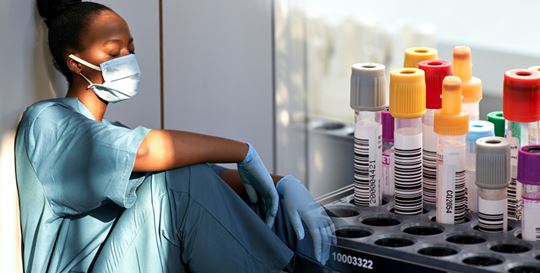In response to the novel coronavirus outbreak, the U.S. Food and Drug Administration has relaxed its rules for development of tests to expedite availability. Companies can now sell antibody tests without submitting their validation data that shows the tests work. However, not all tests are made equal and expediting development has led to some tests actually not working as intended, and others working exactly as intended but still creating false positives or negatives. According to the New York Times, these tests—many made without FDA authorization—can be inaccurate.1
Why high-quality serology tests are a must
The need for high-quality serology tests is going to become even more pressing as many European countries and the U.S. government are contemplating using serology tests to identify people who have a potential immune response to the novel coronavirus and can thus reenter society.
However, the low prevalence of the virus in the general population poses a challenge for tests that do not offer highest sensitivity and specificity. According to 360 Dx, tests without extremely high accuracy could lead to large numbers of incorrect results, resulting in dangerous consequences.2
Key considerations for tests: sensitivity and specificity
Sensitivity and specificity pertain to the accuracy of a test relative to a reference standard. Test sensitivity for novel coronavirus characterizes the test’s ability to detect the SARS-CoV-2 antibodies in patients who do have antibodies; test specificity is the ability of the test to correctly identify those who do not have antibodies.

 English
English





